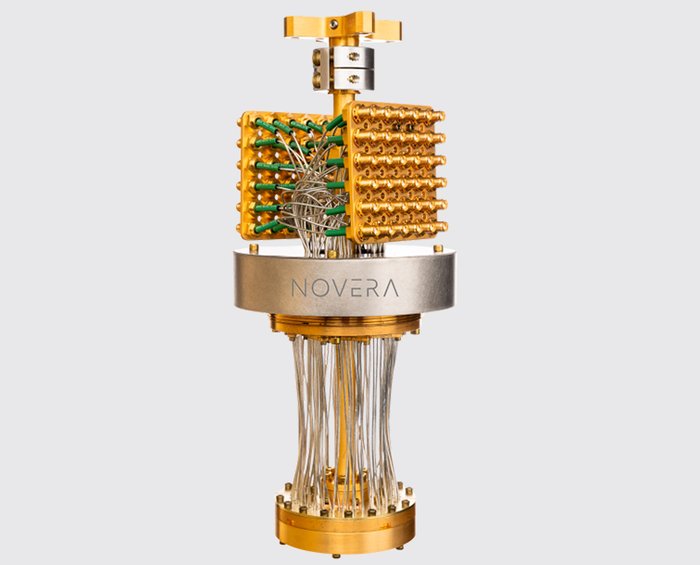
Connects decision-makers and solutions creators to what's next in quantum computing
Revised toolkit aims to simplify creation of applications

Quantinuum has made it easier for developers to create solutions that let people communicate with computers as they would with humans.
The company, formed by a merger of Honeywell Quantum Solutions and Cambridge Quantum last year, just announced an update to its Lambeq quantum natural language processing (QNLP) software development toolkit.
The new feature aims to make QNLP applications such as advanced automated dialogue, text mining, language translation, text-to-speech and language generation easier for developers to create.
Natural language processing uses artificial intelligence to understand spoken or written human language and provide appropriate responses, such as Amazon’s Alexa or a chatbot on a retail website.
Lambeq turns sentences into quantum circuits for implementation on quantum computers, an idea that dates back to 2008 when Quantinuum chief scientist Bob Coecke and AI lead Steve Clark started to address the issue.
“The problem was how to bring together grammar and meaning in language because there was nothing at the time to do that,” Coecke says. “Steve has a background in linguistics; he posed the problem as I was working on a new quantum mechanical formalism.
“If you look at quantum mechanics in these terms, it starts to look exactly like grammar. The question is how to combine meaning and grammar. We weren't thinking in terms of quantum, we just use quantum to unify grammar and meaning.”
Natural Language Processing (NLP) was proving difficult to advance on classical computers, which were just using more powerful AI to crunch the same algorithms. Coecke reasoned that the NLP problem might be better suited to a novel quantum solution, much as it suits certain materials science, chemistry and physics simulations.
Working with Will Zeng, who is now quantum research lead at Goldman Sachs, in 2016, Coecke created a set of NLP algorithms that demonstrate quantum advantage for NLP, a real-life situation that quantum computers could solve faster than classical computers.
A 30-person team at Quantinuum set out to develop a new generation of quantum computing-powered AI to handle language processing in a new way. The result was Lambeq, software that allows people without a programming background to explore ways to use it using plain English rather than code.
The new release announced this week has a command-line interface where users type instructions. It also contains a toolkit including an improved parser that helps understand sentences in a more human-like way, and a training package.
About the Author(s)
You May Also Like
.png?width=100&auto=webp&quality=80&disable=upscale)
.png?width=400&auto=webp&quality=80&disable=upscale)




